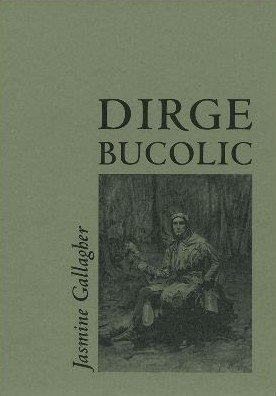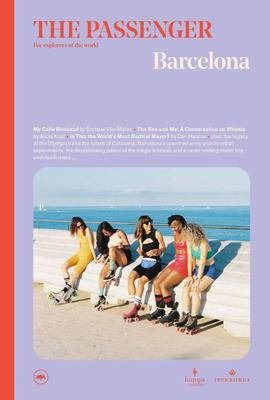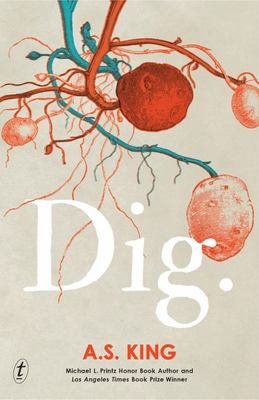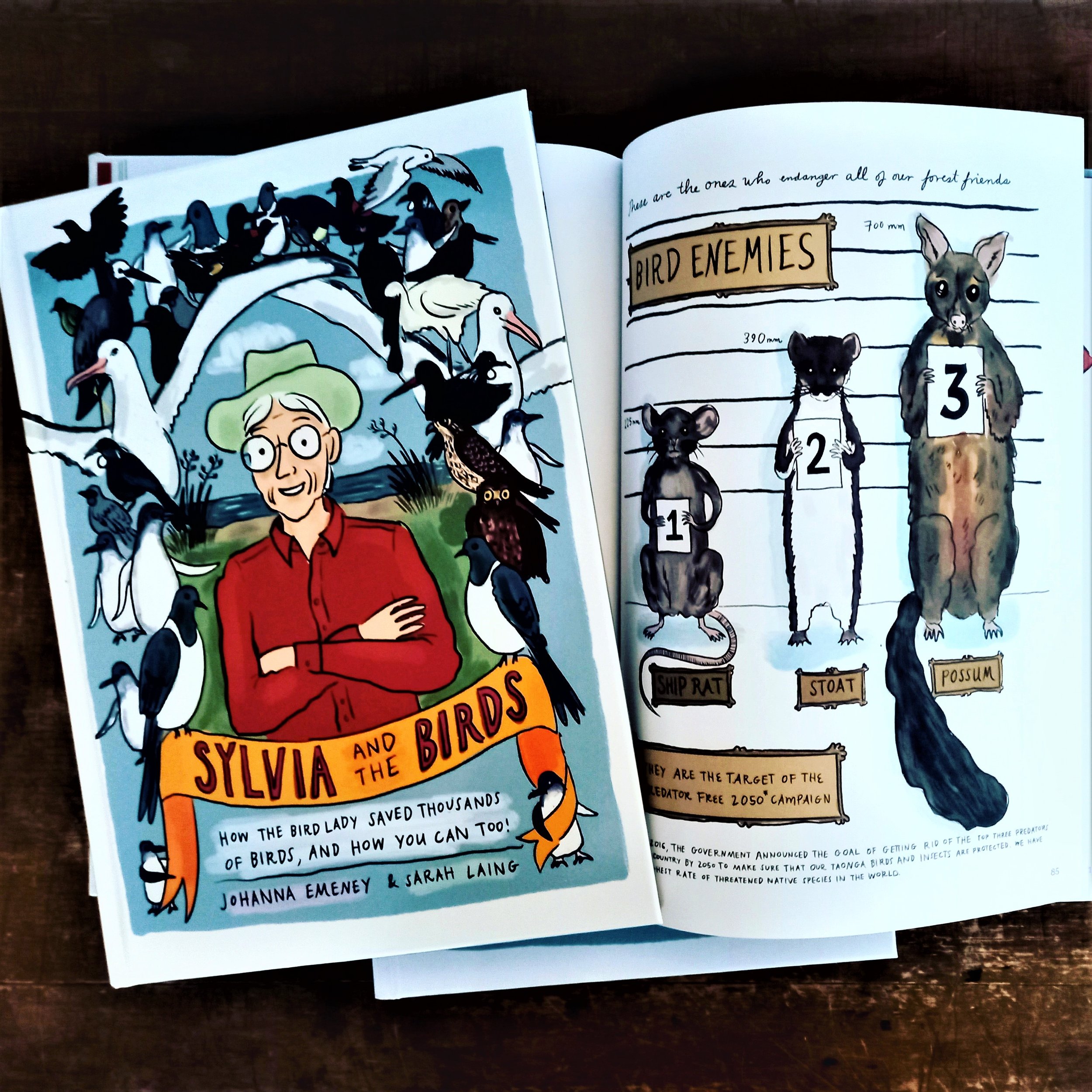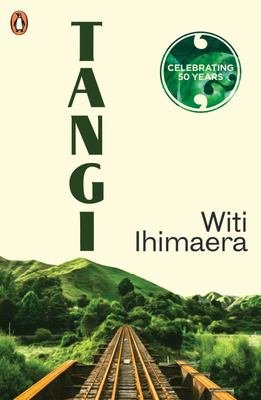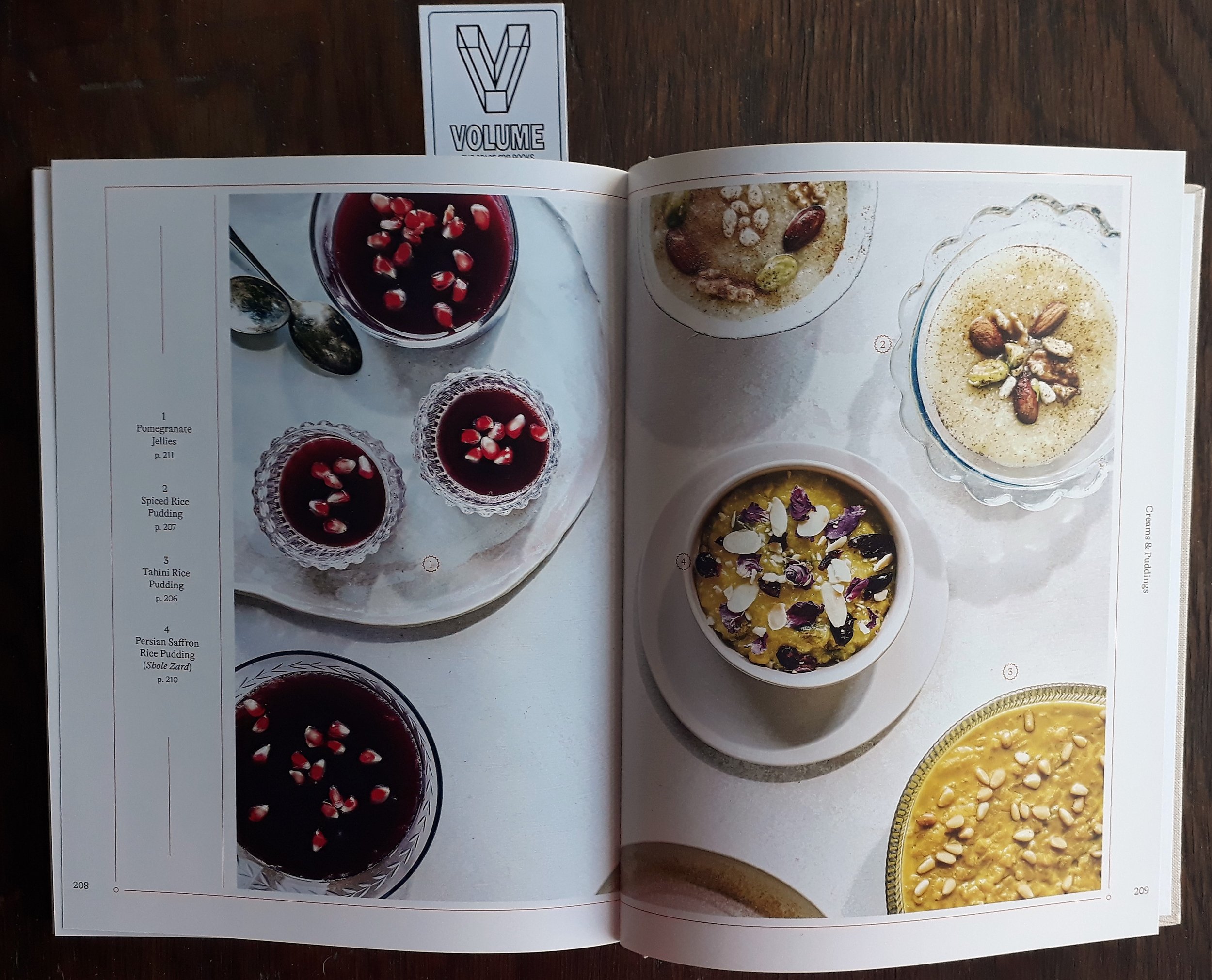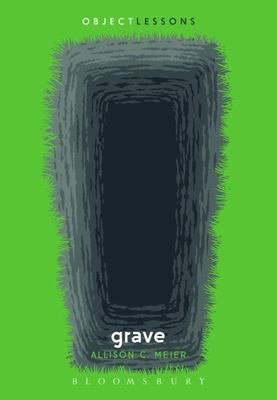New books — just out of the carton! Click through for your copies now.
The Words for Her by Thomasin Sleigh $30
The eagerly anticiapted new novel from the author of Women in the Field, One and Two. Hold up your phone to take a photo and some people won’t be there. Look for them in older images and their bodies are gaps, the rest of the photo still busy around them. People have stopped appearing in photographs. First a handful, then many more. Does this new, troubling group pose a threat? From their home in Whakatāne, Jodie Pascoe and her daughter Jade watch as the number of gaps grows. While protecting Jade, Jodie searches for a friend from the past, Miri, who will help her navigate the collapsing present. The Words for Her is an arresting story about how photographs bind us together and what happens when those binds fall away.
>>Read Stella’s review of Women in the Field, One and Two.
>>Ad Lib.
Past the Tower, Under the Tree: Twelve stories of learning in community edited by Balamohan Shingade and Erena Shingade $38
For many, education is synonymous with uniforms and tote trays, assemblies and sports days. The cool terraces of a lecture theatre; the rotating team of tutors. But another form of education has always existed, and continues in Aotearoa today: teaching that is grounded in relationships, and learning in beloved company. Past the Tower, Under the Tree offers a portrait of twelve artists and activists crafting a life in community. From street theatre to rap, from the tattoo hut to the meditation hall, each contributor offers a window into unexpected contexts and rich forms of practice. In these contributions that span love letters to tributes to appeals, we’re invited to reimagine what it means to learn, and to recover a promise in that process: the possibility of a fuller education, where craft and companionship go together. Featuring contributions from Edith Amituanai, Catherine Delahunty, Mohan Dutta, Dominic Hoey, Areez Katki, Emily Parr, Daniel Michael Satele, Kahurangiariki Smith, Mokonui-a-rangi Smith, Richard von Sturmer, and Terri Te Tau. Beautifully designed, and illustrated throughout.
>>Kōrero with a Tā Moko artist.
>>Also from Gloria: Dwelling in the Margins.
Everything Is Beautiful and Everything Hurts by Josie Shapiro $38
Mickey Bloom: five foot tall, dyslexic, and bullied at school. Mickey knows she's nothing special. Until one day, she discovers running. Mickey's new-found talent makes her realise she's everything she thought she wasn't — powerful, strong and special. But her success comes at a cost, and the relentless training and pressure to win leaves Mickey broken, her dream in tatters. Years later, when Mickey is working in a dead-end job with a drop-kick boyfriend, her mother becomes seriously ill. While nursing her, Mickey realises the only way she can overcome her grief — and find herself — is to run again. A chance encounter with a stranger sees Mickey re-ignite her dreams. The two women form an unbreakable bond, as Mickey is shown what it means to run in the right direction.
”It is both a portrait of an athlete subjected to the male gaze for whom only the result counts, an account of a domination that could be followed by acts of sexual aggression, and a magnificent description of what it really means to run a marathon, in the overcoming of pain, in the terrible effort demanded, in the pleasure one derives from it. This is THE novel that allows us to understand this very special sport. We were caught up in the beauty of this text about a young sportswoman, who runs without us knowing whether she is running or chasing something, but who feels she exists in this effort. It quite simply fascinated us.” —Constance Trapenard, Editions JC Lattes (the publisher of the French edition)
The Financial Colonisation of Aotearoa by Catherine Comyn $30
Finance was at the centre of every stage of the colonisation of Aotearoa, from the sale of Māori lands and the emigration of early colonists to the founding of settler nationhood and the enforcement of colonial governance. This book tells the story of the financial instruments and imperatives that drove the British colonial project in the nineteenth century. This is a history of the joint-stock company, a speculative London property market that romanticised the distant lands of indigenous peoples, and the calculated use of credit and taxation by the British to dispossess Māori of their land and subject them to colonial rule. By illuminating the centrality of finance in the colonisation of Aotearoa, this book not only reframes our understanding of this country’s history, but also the stakes of anti-colonial struggle today.
“Theoretically sophisticated, historically precise, and politically urgent” —Max Haiven
>>Also from ESRA (Economic and Social Research Aotearoa): New Forms of Political Organisation.
Turncoat by Tīhema Baker $30
Daniel is a young, idealistic Human determined to make a difference for his people. He lives in a distant future in which Earth has been colonised by aliens. His mission: infiltrate the Alien government called the Hierarch and push for it to honour the infamous Covenant of Wellington, the founding agreement between the Hierarch and Humans. With compassion and insight, Turncoat explores the trauma of Māori public servants and the deeply conflicted role they are expected to fill within the machinery of government. From casual racism to co-governance, Treaty settlements to tino rangatiratanga, Turncoat is a timely critique of the Aotearoa zeitgeist, holding a mirror up to Pākehā New Zealanders and asking: “What if it happened to you?”
Wild Places: Selected stories by Katherine Mansfield $40
A handsome hardback edition of 33 of Mansfield’s best stoies. Selected by Claire Harman, author of the excellent All Sorts of Lives.: Katherine Mansfield and the art of risking everything (and a perfect companion to that volume).
”Would you not like to try all sorts of lives — one is so very small — but that is the satisfaction of writing — one can impersonate so many people.” — Katherine Mansfield
”There is something rapturous about her work: through her acute eye and cool, appraising descriptions, she has the power to distil the apparently inconsequential into frozen moments laden with significance.” —Guardian
Soundings: Diving for stories in the beckoning sea by Kennedy Warne $40
For the past 40 years, Kennedy Warne has been exploring the underwater world. His love of the ocean began as a small boy sailing and fishing with this father on the Hauraki Gulf and was further strengthened by a degree in marine biology. This collection draws the reader into 'this shimmering world', beginning with Warne and his father sailing Marline, the boat built by his grandfather, from the Bay of Islands to Auckland. His later adventures writing for National Geographic fill the book with wondrous tales of the otherness of life in the sea; the Natal sardine run, 'the greatest shoal on Earth'; Tuvalu's wandering reef islands; and floating with ragged-tooth sharks off the coast of South Africa. Warne has always felt welcomed by the sea and wants to impart that same sense of belonging to the reader. The oceans as we know them are under threat, but as he travels the waters around New Zealand and the world, Warne discovers a lot to be positive about too. Connection and custodianship are the essential elements that will allow us to restore our relationship with our ancestral seas.
>>Exploring humanity’s relationship with the sea.
>>An immersive act.
Dirge Bucolic by Jasmine Gallagher $25
Stricken by grief and chronic illness in a breakneck world that refuses to wait, the speaker in survival mode can contemplate colonial history and the heritage of the land with nuance and care. A deep search into the gothic soul of Aotearoa.
”Dirge Bucolic is like a poetics of dust: a mosaic of fragments that are examined with a sharp gaze and recalibrated with a voice both sincere and lyrical. The poet slips around like a ghost, exposing our dark histories, wandering through the grime of our otherwise repressed psyches. Gallagher’s experimental poetry exemplifies the complexities of self, elegising our bucolic backwaters without resorting to an oversimplification of identity. A refreshing voice of Aotearoa poetry that we didn’t know we were waiting for, this book is the remarkable debut of a poet we should all be reading.” —Lynley Edmeades
”In true antipodean form, Gallagher’s Dirge Bucolic inverts the colonial—its language, its archives, its death-drive. Because, growing like flowers through these gritty, playful, ill-met elegiac experiments in autofiction and ecopoetics is the hope that we haven’t completely destroyed the natural world, that we haven’t yet turned the antipodes into a mythical ‘Erewhon’ (nowhere).” —Toby Fitch
”Throughout this book, we see the process of writing “so as to die,” but the destruction of old selves is generative: despite illness, loss, and grief, it is ‘still possible to salvage precious things from their ruins’, Gallagher writes—and in Dirge Bucolic she has.” —Zarah Butcher-McGunnigle
"A richly allusive and nested work that operates in several registers. It’s the knotty, dark little book of sickness and remembrance that we need." —Eric Kennedy (Landfall)
We’re All Made of Lightning by Khadro Mohamed $25
Khadro Mohamed’s We’re All Made of Lightning takes us to distant lands, Egypt and Somalia, in heightened sensory language as she grieves for her homeland. Heart-breaking vulnerability and anger are revealed after a man had taken a knife and sliced straight through the sky on the March 15 attacks. Time, memory, dreams and reality are fluid and woven into lyrical poems and prose poems that consider what she would take if she were to go back to where she came from. —Ockham judges
Winner of the Jessie Mackay Prize for Poetry (best first book) in the 2023 Ockham New Zealand Book Awards.
“These vivid, urgent poems stayed with me. Each poem is its own world of taste and colour: rainwater, moss, wind, a confluence of languages that mirrors the flow of rivers. Khadro Mohamed is an exciting new voice in the poetry of Aotearoa.” —Nina Mingya Powles
“Through her epic storytelling, Khadro unpicks the many layers of the refugee experience. This is a brilliant and insightful poetic journey.” —Abbas Nazari
“Khadro has taken loneliness and cloaked it in images — fireflies in mason jars, foamy goat’s milk, pāua shell and pōhutukawa, her mother's braids. She has cloaked it to brave weather: storms and bright hot sun. She has cloaked it to brave hate and malignant fear, she has cloaked it in languages, the beauty of languages, and has let this loneliness walk from Egypt to Aotearoa and back again. She has taken loneliness and made something vibrant.” —Becky Manawatu
Voyager: The constellations of memory by Nona Fernández $25
One of the world's foremost spots for astronomical observation, the Atacama Desert in Chile is also where, in October 1973, twenty-six people were executed by Pinochet's Caravan of Death. Decades on, a petition gathers for a constellation's stars to be dedicated to them. Nona Fernndez is made a god-mother to Mario Argelles Toro, star HD89353, and asked to write a message to his family. When her own mother begins to suffer from fainting spells, Fernndez accompanies her to neurological examinations. There, the mapping of her mother's brain activity — groups of neurons glowing and sparking on screen — calls to mind the night sky, as memories light up into a complex stellar tapestry. Weaving together the narrative of her mother's illness with stories of the cosmos and of her country, Fernndez braids astronomy and astrology, neuroscience and memory, family history and national history into an intensely imagined autobiographical work. From the author of Space Invaders and The Twilight Zone.
”Nona Fernndez has developed a reputation for composing unsettling portraits of life during Chile's brutal military dictatorship, with stories that venture beyond the stiff and incomplete histories recorded by truth and reconciliation commissions.” —New York Magazine
>>Nostalgia for the Light.
Barcelona (‘The Passenger’) $37
Thirty years after the 1992 Olympics, which redefined the city’s contemporary identity and changed its destiny, ‘The Passenger’ travels to Barcelona to understand the history and future of one of the cradles of political, cultural, and urban change in Europe. From the debate about the impact of mass tourism to the search of new and sustainable models of economic and social development; from the eternal rivalry with Madrid to the rediscovery of the city’s rich tradition of political activism: this volume of ‘The Passenger’ offers a panoramic view of a city striving to trace a new path forward out of the current crisis, and find a way of life centred on the well-being of its citizens. Includes contributions from Enrique Vila-Matas, Gabi Martinez and Miqui Otero. Fully illustrated.
>>Other volumes of ‘The Passenger’.
The Bookbinder of Jericho by Pip Williams $38
In 1914, when the war draws the young men of Britain away to fight, it is the women who must keep the nation running. Two of those women are Peggy and Maude, twin sisters who work in the bindery at Oxford University Press in Jericho. Peggy is intelligent, ambitious and dreams of studying at Oxford University, but for most of her life she has been told her job is to bind the books, not read them. Maude, meanwhile, wants nothing more than what she has. She is extraordinary but vulnerable. Peggy needs to watch over her. When refugees arrive from the devastated cities of Belgium, it sends ripples through the community and through the sisters’ lives. Peggy begins to see the possibility of another future where she can use her intellect and not just her hands, but as war and illness reshape her world, it is love, and the responsibility that comes with it, that threaten to hold her back. From the author of The Dictionary of Lost words.
She Is a Haunting by Trang Thanh Tran $20
Jade Nguyen has always lied to fit in. She's straight enough, Vietnamese enough, American enough at least for this summer with her estranged father in Vietnam. Just five weeks of ignoring the quietly decaying French colonial house he's fixing up, then college and freedom are hers. But soon Jade begins waking up every morning certain that something has clawed down her throat — from the inside. Then the ghost of a beautiful bride visits her with a cryptic warning — DON'T EAT. When her father and little sister don't believe her, Jade decides to scare them into leaving by staging some haunting events of her own. She recruits Florence, the daughter of her dad's business associate (and more of a distraction than Jade bargained for) to help. But the house has other plans. It's hungry. A home, after all, is only as powerful as those who breathe new life into its bones. And this one is determined never to be abandoned again... YA novel.
The Quiet and the Loud by Helena Fox $23
George's life is loud. On the water, though, with everything hushed above and below, George is steady, silent. Then her estranged dad says he needs to talk and George's past begins to wake, looping around her ankles, trying to drag her under. But there's no time to sink. George's best friend, Tess, is about to become a teen mum, her friend Laz is in deep climate grief, her gramps keeps losing all his things, and her mums fill the house with fuss and chatter. Before long, heat and smoke join the noise as distant wildfires begin to burn. Everything is loud, blazing, messy. Could Calliope, the girl who has just cartwheeled into George's world and shot it through with dazzling colour, be her calm amidst the chaos?








